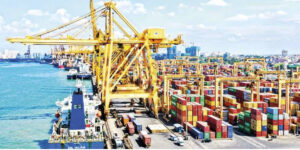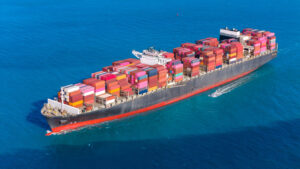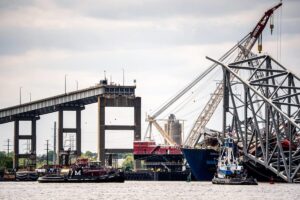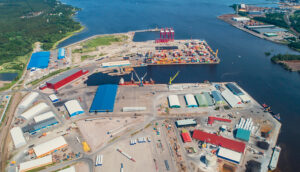The International Seafarers’ Welfare and Assistance Network (ISWAN) has launched a survey to gauge the impact of technological changes on seafarers’ job satisfaction and wellbeing at sea.
ISWAN launched the survey on the Day of the Seafarer.
In recent years, seafaring has undergone huge technological change, as the maritime sector begins to respond to the climate emergency and the need to decarbonise shipping.
From contact with seafarers through its helplines and regional casework, ISWAN is concerned that the changes that the maritime sector is undergoing to achieve net zero carbon by 2050 could be placing additional stress on seafarers’ mental health.
READ: Working together for a decarbonised logistics industry
In response, ISWAN is launching a new survey that seeks to better understand the impact that the adoption of new decarbonising technologies and the associated inspection regimes are having on the welfare of both seafarers and onshore staff.
As well as understanding the difference that technological change is making to working in maritime, the survey also seeks to gain insight from seafarers and shore-based staff into how shipping companies and crewing agents can best support them to adapt to the rapid pace of change.
The rapid technological changes in maritime come at a time when seafarers have already faced unprecedented levels of challenge.
The COVID-19 pandemic, the crew change crisis, and the lack of shore leave have all added additional pressures to what was already a highly demanding and often stressful profession, reported ISWAN.
These factors are already leaving some seafarers to seek alternative careers on shore, contributing to a growing recruitment and retention crisis in the shipping industry.
A recent study commissioned by the Maritime Just Transition Task Force found that up to 800,000 seafarers could require additional training to handle alternative fuels and technologies by the mid-2030s.
READ: Maersk, Microsoft sign digitalisation and decarbonisation partnership
Seafarers are at the heart of this transformation, according to ISWAN, and are being called upon to rapidly adapt to operating new technological systems onboard and dealing with the challenges of working with new and often potentially hazardous fuels.
The drive to decarbonise brings with it the enormous challenges of ensuring that seafarers have the training and skills that they need to manage new technologies and fuels safely.
ISWAN has asserted, however, that it is crucial that seafarers’ wellbeing is not overlooked amidst the urgent imperatives to upskill seafarers and to meet environmental targets.
READ: Driving Decarbonisation in the World’s Busiest Ports
Chirag Bahri, ISWAN’s International Operations Manager, said: “ISWAN’s new survey aims to shed light on how the shipping industry can give seafarers the support they need to put into practice the technological changes that will be needed to meet international decarbonisation goals.
“This will be crucial in ensuring that the maritime industry can recruit and retain the skilled and motivated crew that they will need to operate the zero-carbon global fleet of the future.”









